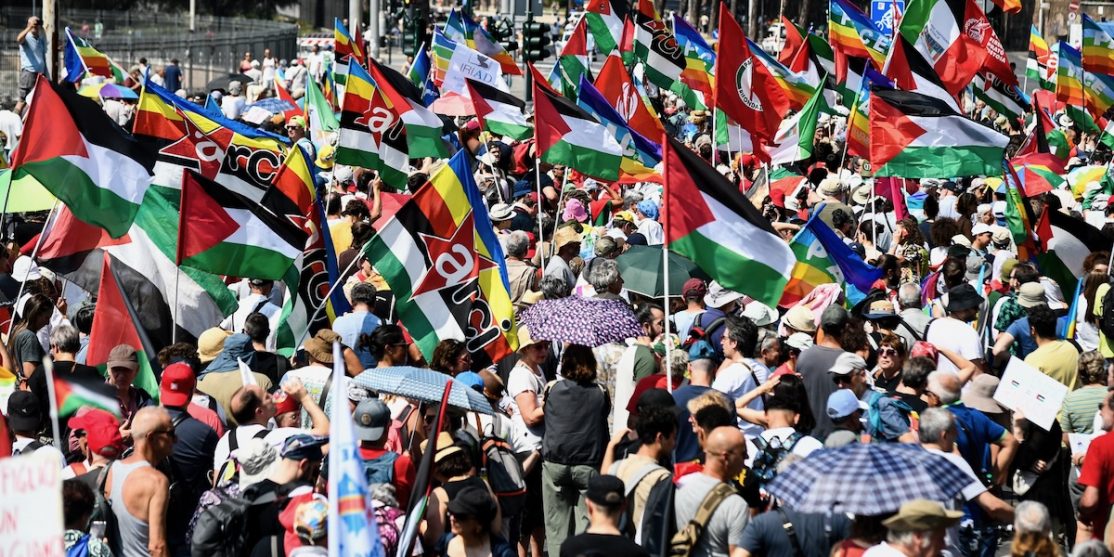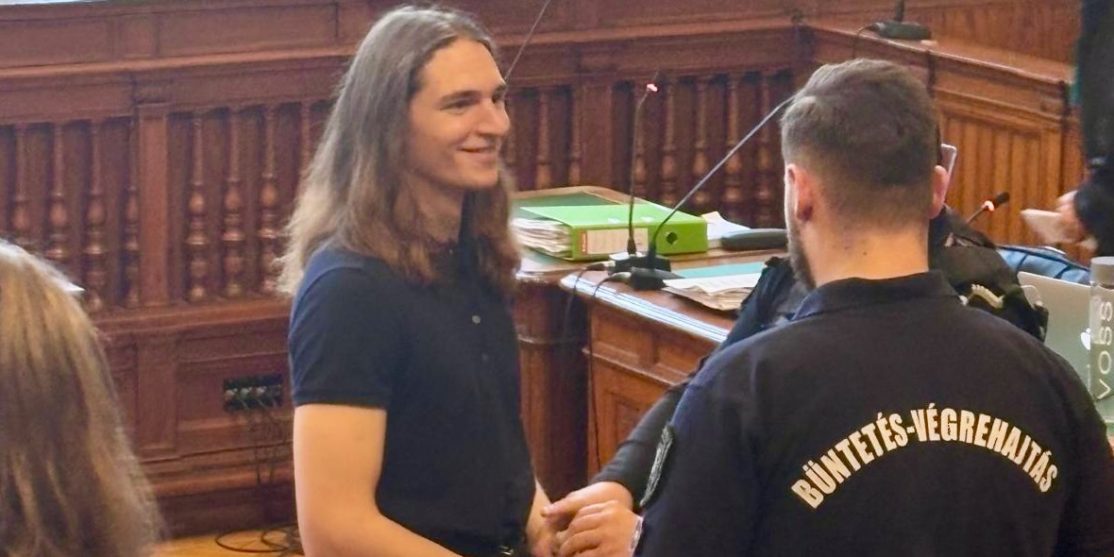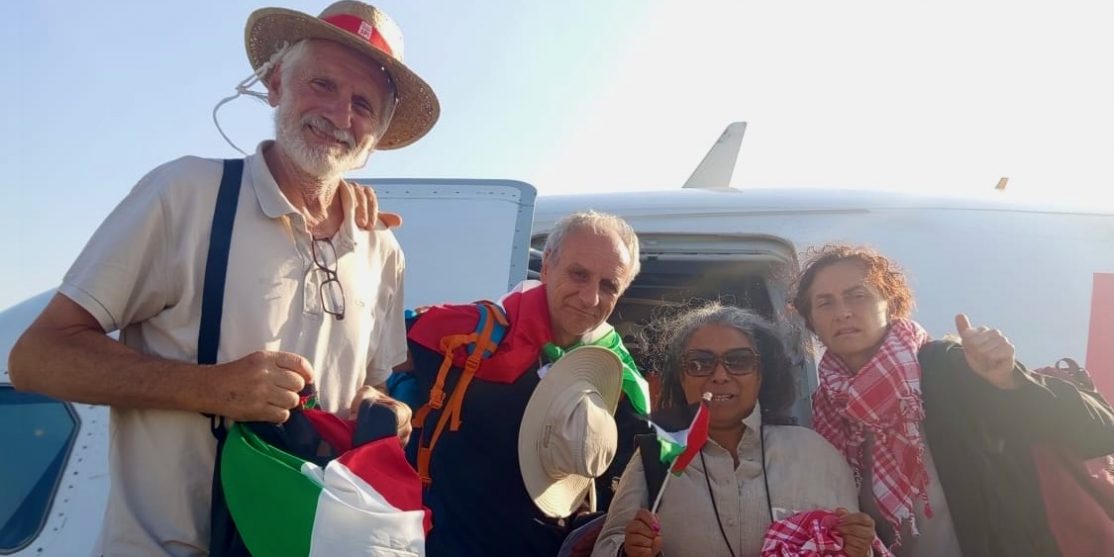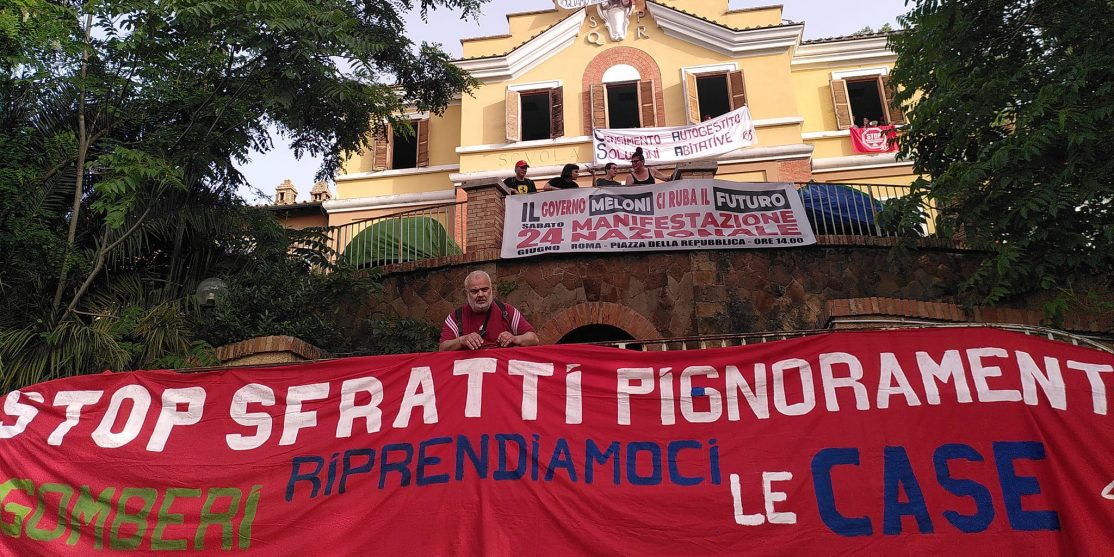EUROPA
Democracy and technopolitics in the European space
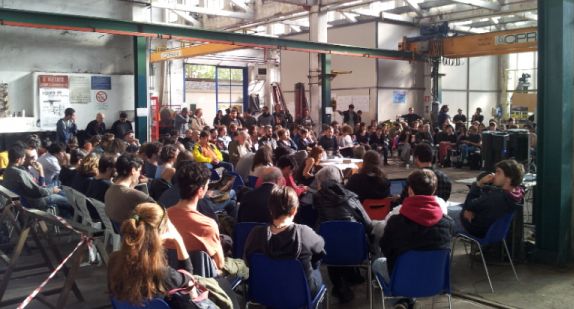
Reflections after Agora99 by Rome’s hosting node
The past Agora99 ended opening new paths for common thinking and new fields for political work, relations and mobilisations. As a hosting node, we feel this European meeting was a significant step, in terms of the number and variety of participants from Italy and abroad, and of the quality of political discourse and proposals. During the workshops day alone, more than 500 people inhabited our occupied and self-managed spaces, contributing to 18 different thematic meetings – with many more following them via streaming.
In the political and social context of austerity, of technocratic and wide coalition governments, while democracy is being destroyed under the pressure of financial markets, it is difficult to speak of Europe. In fact, the easiest answer to the Europe of bankers and finance is nationalism, (right and left wing) populism, Euroscepticism, surfacing everywhere around the rhetoric of the return to the nation State. For those, like us, who never identified themselves with any State and have no nostalgia for the lost national sovereignity, the challenge is to imagine the European space as one strategic for conflict, as the minimum space within and through which we can produce renewed forms of democracy (i.e. real, direct, radical, revolutionary). A need that seems to transversally cross European movements – with the past Agora99 reinforcing this impression.
The issue of democracy was the common discursive framework of the meeting – where by “democracy” we don’t mean that of parliaments, parties and political representation, but that produced by strikes, struggles, assemblies and uprisings drawing a new geography of the European space. It was not to be taken for granted that Agora99 would express such a highly shared need to open – on the basis of real dynamics – a constituent process of European nature, to connect the destituent dimension with the capacity to imagine and experiment political and social alternatives. A process that can only emerge from below and which only movements can activate; one that can disarticulate the contraposition between North and South, East and West, without resolving all differences into a closed solution. In fact, the rich and complex nature of positions bears proof to the fact that we are speaking of common needs.
Another word that transversally crossed the meeting is that of “technopolitcs”. By this term, we do not simply mean the use of new digital platforms by movements, but a possible new time-space for organising. One of a recompositive and strategic nature, wherein bodies and machines can act in synergy, strengthening action from below and decentralising the devices which produce information and discourses. Clearly, technopolitics isn’t about invoking a messianic virtual democracy. On the contrary, the ambivalence of the net seems to us comparable to that of the Fordist factory: a privileged space for control and exploitation, but also a possible space for revolutionary organising. We need to better understand this dimension, but especially we need to practice it in common at transnational level. Also considering how networks make it possible to break physical barriers keeping us apart and economic and political borders trying to divide us.
It is worth to recall some of the issues and keywords that emerged during the many different moments of discussions. The destruction of the welfare state and of public services at national level (from heath care to education) and the different forms of resistance and alternative. The issue of precarity and exploitation, but also the self-management of production and the self-organisation of work. National and European borders, and the struggles of migrants and refugees. The urban dimension as central in the conflict against the rent economy and financial capitalism. Rich debates, especially in terms of participation of those directly involved: migrants, blue-collar workers in occupied factories, precarious workers in “precarity offices”, students in privatised universities, people occupying homes and resisting evictions.
Possible routes
Some words on the elements characterising Agora99. After the important first meeting in Madrid, we feel a further step forward was made in creating a common European space, inhabitable by all but not appropriable by anyone. A space where tensions between “groups” can be defused to build a virtuous common relation between organised subjectivities, movements, social networks. In this sense, the past Agora99 was for us an interesting experiment of “multilayer action” at metropolitan and transnational level, mutually reinforcing the spatial dimensions of struggles.
We never thought of Agora99 as an event, but as an open process moving its first steps. We feel it is essential to continue the transnational debate around the question raised by the opening round table: “Europe: which space for common struggles?” We are convinced that the discourse and practice of technopolitics should be explored in common. And, especially, we hope we can all start putting straight into practice the many ideas for networks, campaigns, working meetings, tools and mobilisations that came out of the workshops. The value of Agora99 lies in its capacity not to centralise decisions: it is up to each and everyone of us to substantiate what together discussed.
In particular, at the level of mobilisations, working towards a May of common struggles seems an important perspective. From a May 1st centred on the struggle against precarity, to a week of decentralised actions and initiatives around May 15, to take conflictual action in the context of the European electoral debate and break the devastating dialectics between “pro-European technocrats” and “anti-European populists”. The Blockupy European Action Conference, on November 22-24 in Frankfurt, will be a precious occasion to continue working in this direction.
Finally, some thoughts on the future of Agora99. As mentioned, Agora99 can continue being a transnational working space where the knowledge and capacities of different subjectivities can stimulate and not hinder others, where the common perspective can strengthen local conflicts, transforming and connecting them. This is why we should start immediately thinking of how to give continuity to the actual space of the meeting. A discussion with no given answers that we should undertake together, at European level, bearing in mind the tactical and strategic needs of the struggle against austerity, against the Europe of bankers and finance. In this sense, it will also be important to understand how to continue involving Mediterranean and Eastern European countries even more.
In any case, we know Agora99 is just a step, a jigsaw piece towards the creation of a common language and action – one necessary but not sufficient to build common struggles in Europe.

